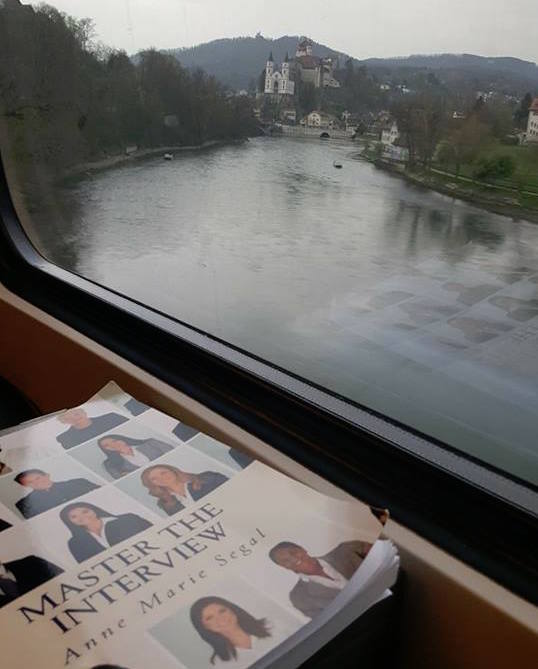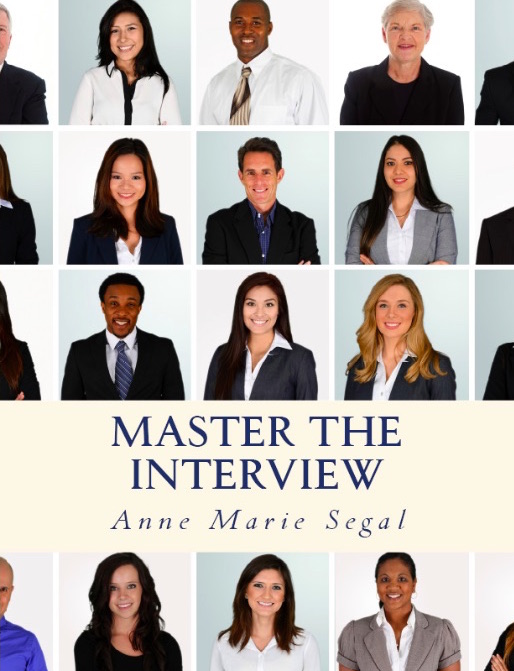MCW INTERVIEW WITH
CATHERINE SORBARA
CATHERINE SORBARA is our Modern Career Warrior for February 2020. This article is part of a series of mid-career retrospective interviews featuring inspiring and innovative professionals at AnneMarieSegal.com.

Image: © 2018 Oli Samson. All rights reserved.
My interview with Catherine spans her early move from Canada to Germany to pursue a Ph.D., work for the Royal Society of Chemistry in Cambridge, move to industry as she became Chief Operating Officer of Cheeky Scientist and 80-women leadership journey to Antarctica with Homeward Bound. She then relates how that monumental trip transformed her view of our collective (human) place in the world, strengthened her commitment to working in service of the environment and illuminated the next steps of her career trajectory.
AMS: When we met, you were Chief Operations Officer of an organization that helps people with Ph.D.’s build out their career options. Shortly after that, I heard about your participation in a women-led trip to Antarctica.
CS: Yes, I was at Cheeky Scientist, which helps scientists and others trained for a career in academia build their careers in industry, when I heard I was chosen for the Homeward Bound outreach.
AMS: I am tempted to jump in and ask you about Antarctica, but let’s lay the groundwork first.
CS: Starting with my Ph.D. program?
AMS: Well, it seems like that may have been the first of many big changes in your life, at least from a career perspective. You went from living in Canada and finishing an M.S. in Neuroscience at the University of Ottawa to studying Medical Life Science and Technology at the Technische Universität München. What prompted you to move to Germany?
CS: Since I was a teenager, I have always wanted to live in Europe. I grew up near Niagara Falls, and the furthest place we went on vacation was Toronto, only 90 minutes away! I never had the chance to travel internationally, despite having family roots in Italy. So when I was accepted into the Ph.D. program, I was more than ready to make the move. My last hurrah was the Boston Marathon, and off to Germany I went!
AMS: Studying in Germany satisfied your travel bug while advancing your career goals.
CS: Yes! That’s one great thing about being a scientist. It gives you the opportunity to travel and meet interesting people. The position in Germany also drew me because I could do innovative, advanced research on neurodegenerative diseases, looking at things at a cellular level.
AMS: Is that what you did in the master’s degree program as well?
CS: Before that, I was focused on Alzheimers, another neurodegenerative disease. In my Ph.D., I shifted my focus to multiple sclerosis (MS).
AMS: I saw your list of publications on LinkedIn, which is a bit intimidating for your average reader. Your titles range, for example, include “Pervasive axonal transport deficits in multiple sclerosis models” to “A reversible form of axon damage in experimental autoimmune encephalomyelitis and multiple sclerosis.” Can you translate this for non-scientists who want to understand what you were working on?
CS: Sure. We were looking at MS from the perspective of how cells communicate with one another. We wanted to know if there was a break in communication from one cell to another that led to or exasperated the disease.
AMS: It certainly sounds easier when you explain it that way. How did you do that?
CS: We did live cell imaging of the spinal cord in animals. We could fluorescently label cells and organelles and watch the movement before and during the disease, including the breakdown of the immune system.
AMS: Did your hypothesis bear out? Was there a breakdown in communication?
CS: Yes. There is indeed a miscommunication between cells before any symptoms of MS actually appear.
AMS: Miscommunication between cells and organelles? Or are the organelles communicating information from cell to cell?
CS: It’s cell-to-cell communication through the organelles. Here’s an easier way to think about it. Imagine train tracks. The tracks are located in the arms of each neuron cell and help pass information from one neuron cell to another. Organelles, such as mitochondria, are moved along these tracks to aid in the distribution of this information.
AMS: So MS blocks the movement of the organelles?
CS: Yes. Early in the disease, these organelles become stuck on the track and can’t bring the communication from one cell to another.
AMS: That’s scary as well as fascinating.
CS: It is! Of course, one of the next steps, of course, is to try to fix the train tracks – which are actually neural pathways – to prevent the disease.
AMS: Is this what you might be doing now if you had stayed in academia?
CS: It definitely could have been.
AMS: What changed?

Cathy Sorbara giving a presentation to other women leaders in Antarctica.
CS: I interviewed for a postdoc [postdoctoral fellowship] at University of Cambridge. I came in, gave a presentation and met everyone in the lab. Everyone seemed to like me, and I was feeling really good about my chances of landing it. Then I got a phone call from the professor the following day.
AMS: Not what you wanted to hear?
Click HERE to continue reading this article.
For the FULL INTERVIEW, please:
click here (PDF version), or
visit AnneMarieSegal.com/mcw-catherine-sorbara (online version).

Technology, the “gig economy” and globalization have irrevocably altered the modern career. Launched in January 2020, MODERN CAREER WARRIORS is a series on AnneMarieSegal.com that explores the lives of professionals leading robust, resilient and multi-dimensional careers.
DEPTH, COURAGE AND INTENSITY radiate from these Modern Career Warriors, who defy the odds and define their own paths. While they may, like the rest of us, feel side-lined or even defeated at times, their inner drive keeps driving them to their own personal best and inspires others to do the same.
Feel free to post a question or “like” this post below, and click here to explore more articles in this series. Thanks!

Anne Marie Segal, founder of Segal Coaching LLC, is an executive coach, resume writer and author of two well-received books on interviewing and career development. She served as a corporate attorney for 15 years, including roles at White & Case LLP and a prominent hedge and private equity fund manager, before launching her coaching practice.
Based in Connecticut not far from New York City, Anne Marie partners with clients internationally on executive presence, impactful communications, graceful transitions and other aspects of professional and personal development.
Article © 2020 Anne Marie Segal. All rights reserved.
Article images: © 2018-2019 Catherine Sorbara unless otherwise noted. All rights reserved.
Image of Anne Marie Segal: © 2019 Alejandro Barragan IV. All rights reserved.
No portion of this article may be reproduced without prior written permission from Anne Marie Segal (or the copyright holder of any image above), other than limited quotes that reference this article.













